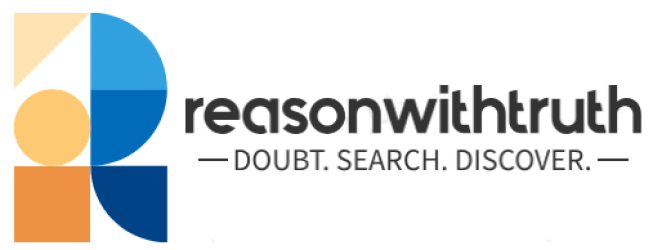👉 Is Christian love just being nice? What about correction, boundaries, and truth?

“Just love everybody.”
“You’re a Christian, you shouldn’t talk like that.”
“That’s not loving, it sounds too harsh.”
Sound familiar?
We’ve all heard it.
And if you’ve ever tried to speak truth in love, correct someone gently, or say no with grace—chances are, someone questioned whether you were being “Christian enough.”
Because somewhere along the way, we began to confuse love with niceness.
🧁 Love Is Not Cotton Candy
Let’s be honest: most people think love is:
- Soft
- Quiet
- Accommodating
- Always smiling
- Never disagreeing
Basically… a giant human marshmallow.
But the truth is, biblical love has depth, fire, and boundaries.
Jesus flipped tables in love.
Paul rebuked churches in love.
Nathan confronted David in love.
God disciplines us in love.
So let’s be clear:
Love is not always “nice.”
Sometimes it’s tough, inconvenient, and confrontational—but it’s always rooted in truth and concern.
💣 The Danger of Nice Christianity
We’re raising a generation of believers who can’t stand truth because it doesn’t feel good.
We think that any form of confrontation = hatred.
Any disagreement = pride.
Any correction = judgement.
But love that never tells the truth?
That’s not love.
That’s comfort masquerading as compassion.
“Faithful are the wounds of a friend, but the kisses of an enemy are deceitful.” – Proverbs 27:6
If your love never challenges anyone, it might be approval, not love.
🧱 Love Has Boundaries
Yes, God is love.
But God also says “no.”
He draws lines.
He gives warnings.
He disciplines those He loves (Hebrews 12:6).
In the name of “love,” some people are enabling toxicity.
In the name of “peace,” they’re becoming doormats.
But real love knows when to speak, when to walk away, and when to stand firm.
You can love people and still have standards.
You can love deeply and still set boundaries.
You can forgive fully and still say “you can’t keep hurting me.”
Jesus didn’t run after everyone who walked away.
Let that sink in.
🗣️ Truth Without Love Is Cruel — But Love Without Truth Is Empty
Yes, some people use “truth” as an excuse to be harsh.
They’re not correcting—they’re attacking.
They’re not helping—they’re humiliating.
But on the flip side…
Some people are so afraid of being seen as judgmental that they say nothing—even when someone they care about is headed for disaster.
“Speak the truth in love.” – Ephesians 4:15
Not just truth.
Not just love.
Both.
Truth without love is like surgery without anesthesia.
Love without truth is like a bandage on a bullet wound.
🤷🏽 So What Does Real Love Look Like?
Real love:
- Listens – not just to respond, but to understand.
- Speaks truth – even when it’s uncomfortable.
- Sets boundaries – because “yes” without limits becomes abuse.
- Forgives – but doesn’t pretend nothing happened.
- Corrects gently – not to condemn, but to restore.
- Serves – but doesn’t lose itself in the process.
- Sacrifices – but not sanity.
📖 What We Get Wrong
- Myth: Love = saying yes to everything.
Truth: Love sometimes says no, stop, or this is not okay. - Myth: Love means being liked by everyone.
Truth: Jesus was crucified by the same people He came to love. - Myth: If it hurts, it’s not love.
Truth: Sometimes love hurts in order to heal.
💬 Final Thoughts
We’re called to love, not please.
To speak truth, not sugarcoat.
To walk in compassion with conviction.
Love is patient.
Love is kind.
Love does not rejoice in evil—but rejoices in the truth (1 Corinthians 13:6).
Real love holds your hand and holds you accountable.
So let’s stop watering it down.
Love isn’t just nice.
It’s real.
And real love is bold, clear, kind, and courageous.





